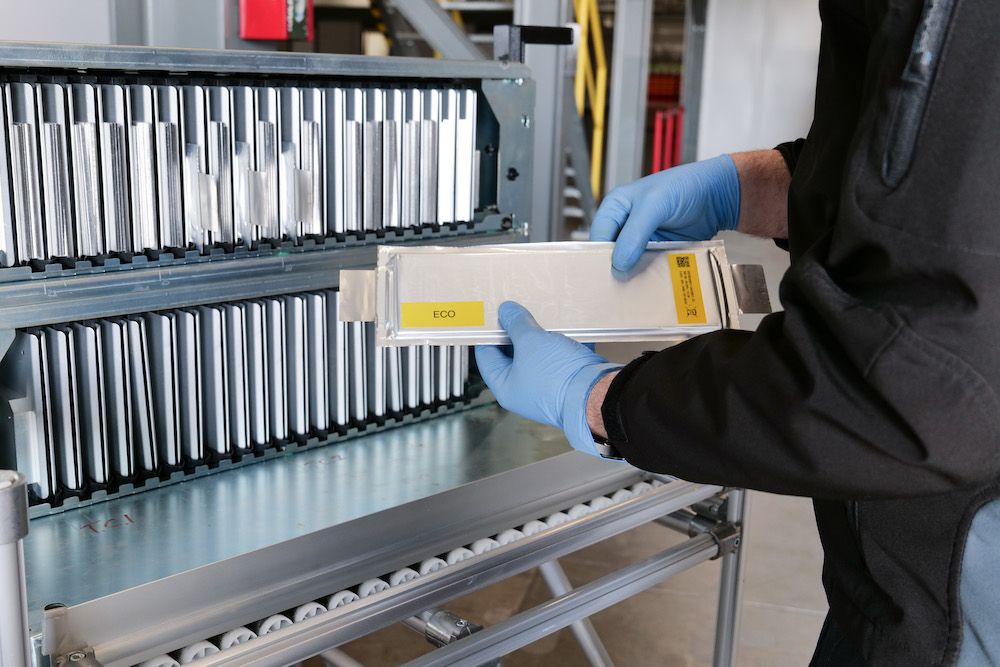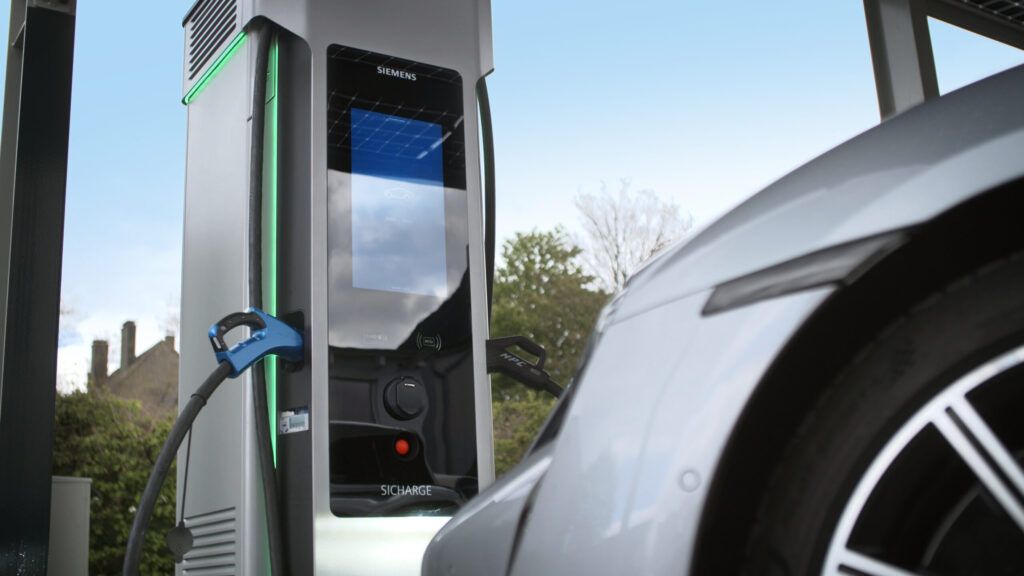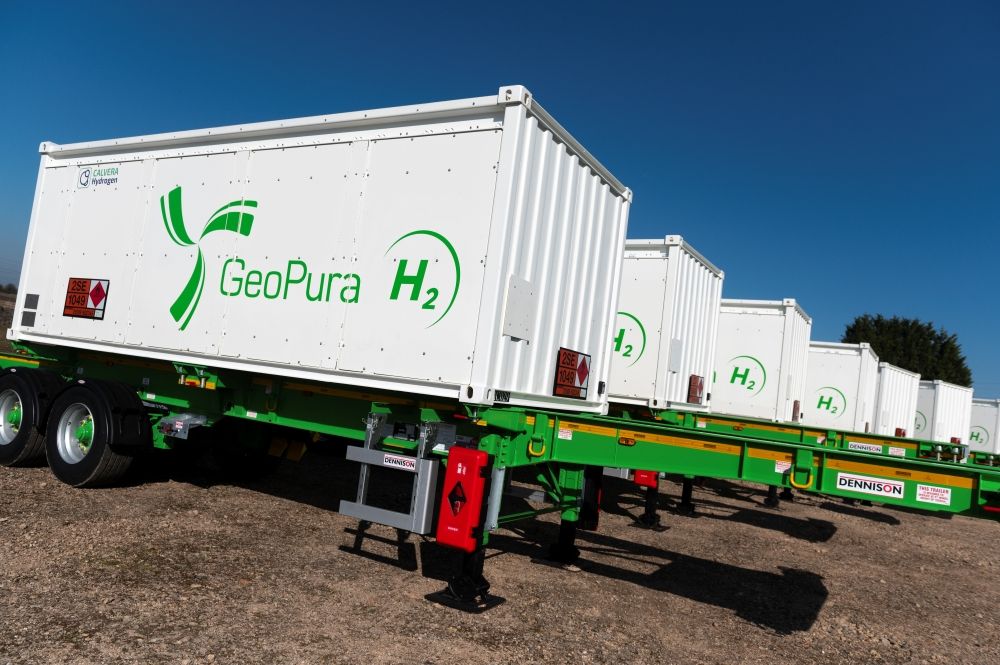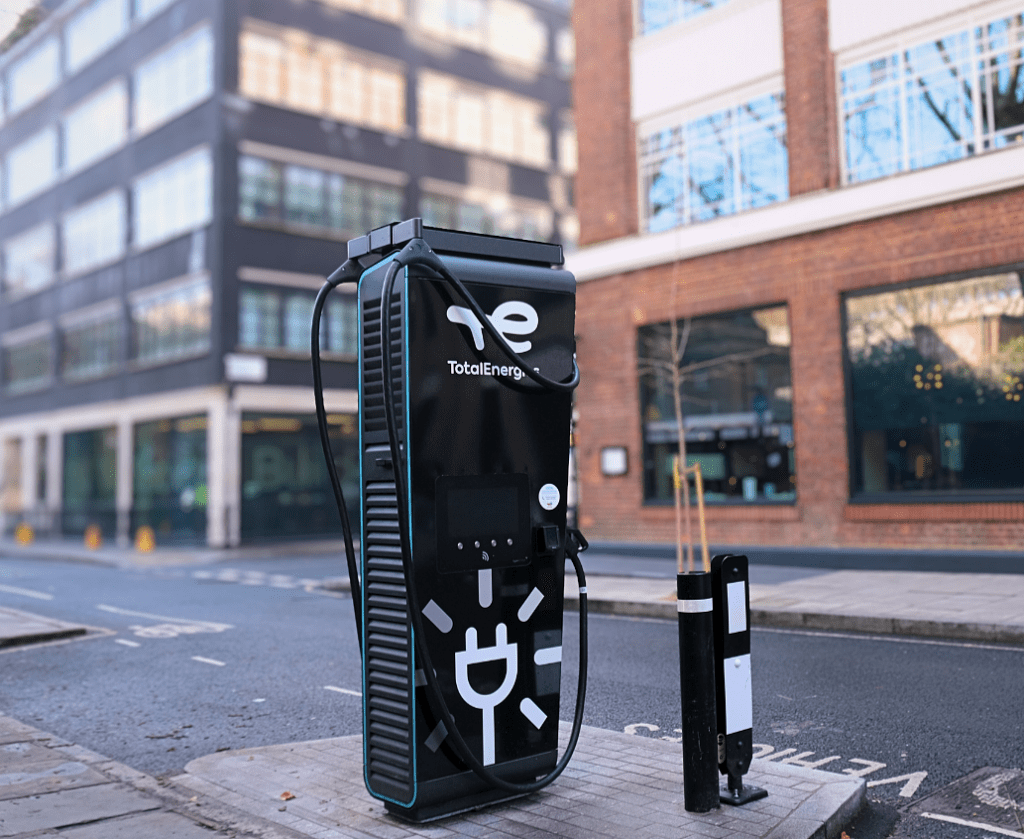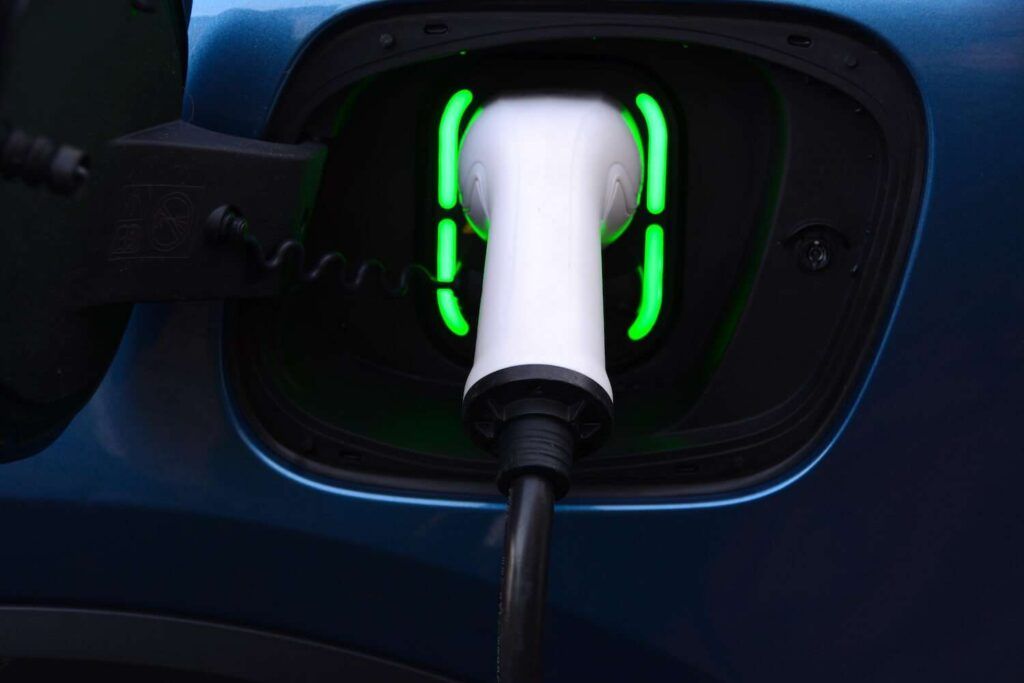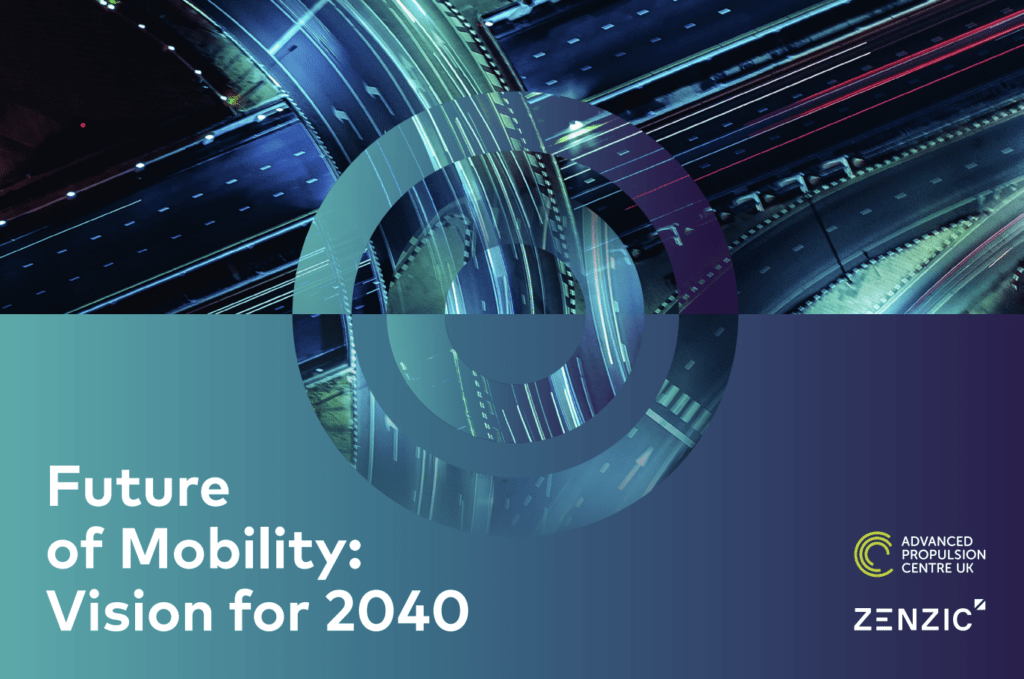Clean technology group Altilium and vehicle manufacturer JLR have demonstrated the UK’s first EV battery cells produced using recycled cathode active materials at Cenex Expo 2025 today.
The collaborative project is supported by the Advanced Propulsion Centre UK (APC) as part of its Advanced Route to Market Demonstrator (ARMD 3) initiative.
It marks a milestone in the development of a circular economy for EV batteries in the UK, and an important step towards validating the potential of recycled materials for high performance EV applications.
By demonstrating that battery cells can be manufactured at scale using recycled materials, the project aims to deliver a carbon reduction technology in BEVs, supporting OEMs in meeting their sustainability targets and building the foundations for a resilient battery supply chain for the UK.
Altilium’s EcoCathodeTM process can recover over 95% of the cathode metals from battery waste and over 99% of the graphite, it claims.
The cathode metals are then upcycled to produce high-nickel CAM, ready for direct reuse in new batteries, while the graphite undergoes further purification for use in anode production.
In addition, the project supports compliance with upcoming EU Battery Regulations, aiming to reduce risk for UK vehicle exports to Europe and strengthening domestic supply chain resilience.
The demonstration at Cenex also includes a virtual reality model of the Jaguar I-PACE battery pack, demonstrating how the cells on display integrate into the vehicle. JLR routinely uses this equipment in its product design activities, it said.
Dr Christian Marston, COO and Co-founder of Altilium, said:
“This is a major technical breakthrough and a vote of confidence in the UK’s ability to lead in battery recycling. We’re taking the first steps to prove that recycled materials can meet performance standards required by the automotive sector, while dramatically reducing emissions and reliance on imported raw materials.”
Dr David Sellick, Product Sustainability Propulsion SME and JLR project lead, said:
“This project reinforces JLR’s leadership in sustainable innovation, marking a significant step forward in reducing the environmental impact of the largest contributor to an EV’s carbon footprint – the battery cell.
“Our clients expect uncompromising performance, and this collaborative initiative demonstrates that sustainable practices and innovation can go hand in hand.”
Image courtesy of Altilium




